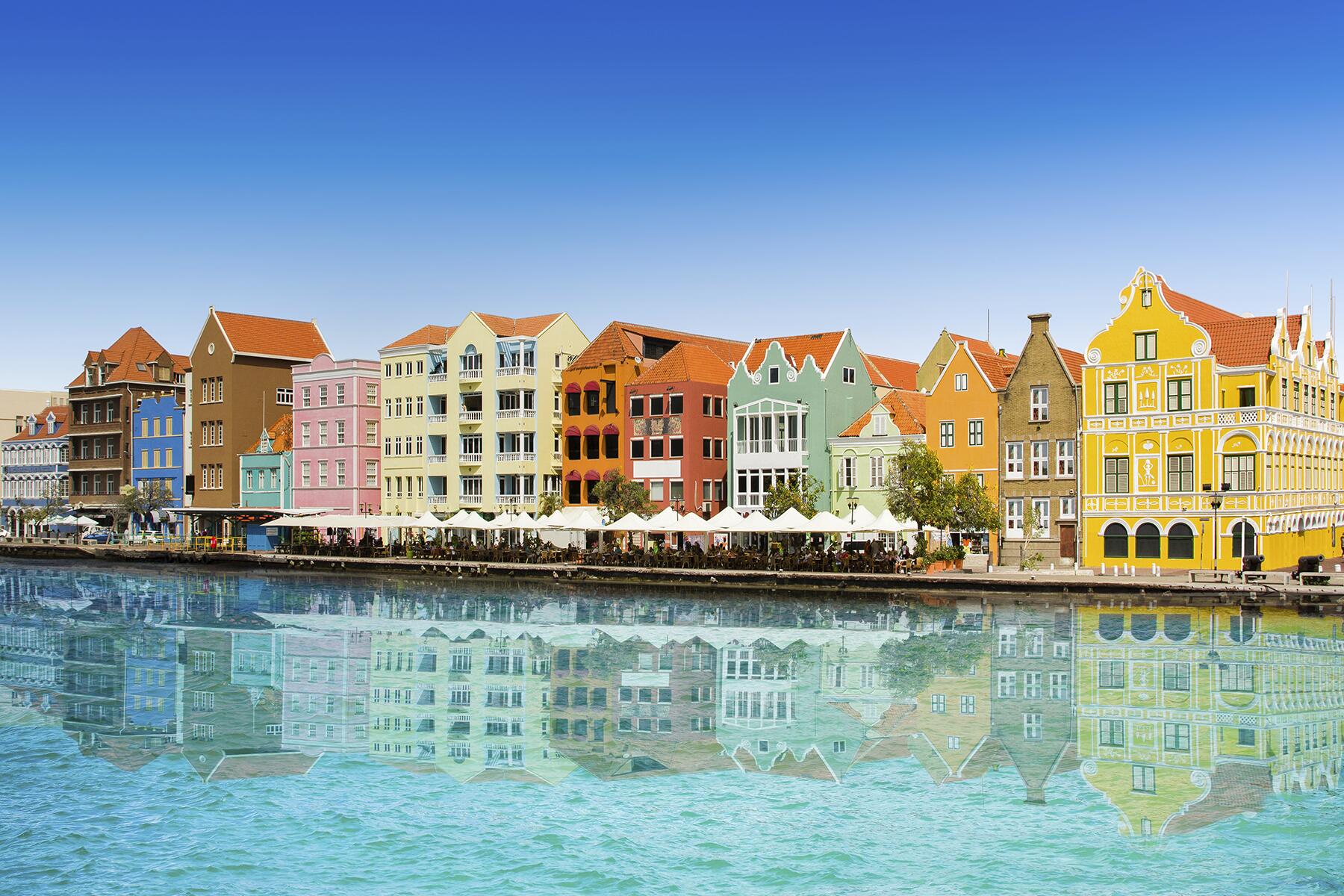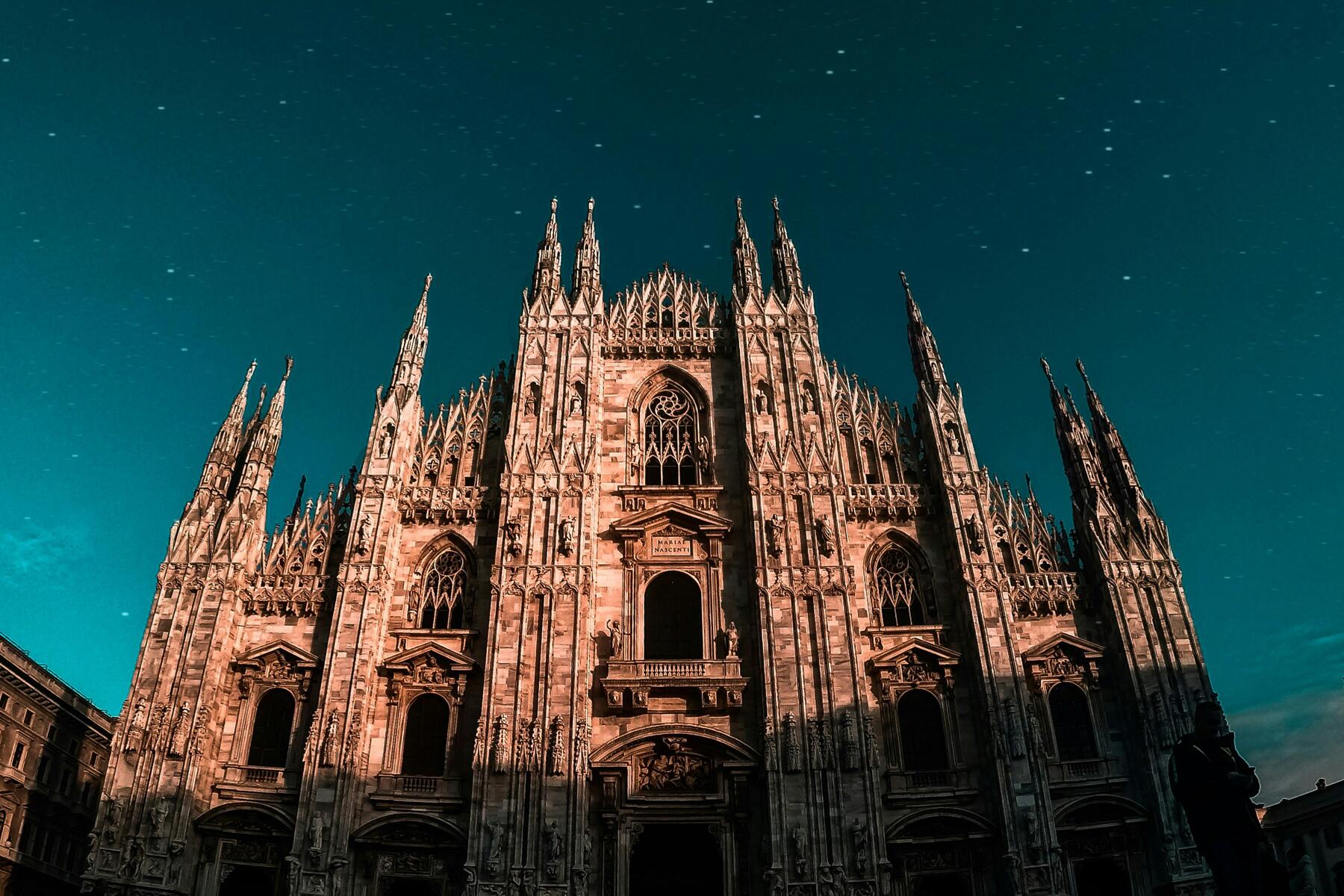Energy prices in Europe are 10 times higher than five-year average.
It seems that one continent can’t seem to catch a break. After the chaotic mess that was summer travel, Europe is preparing for a cold, hard winter. There is an impending energy crisis looming over the continent and as the demand surges in the colder months, European countries will have a hard time supplying much-needed power and the costs to heat and light homes and workplaces will soar. Already, it is estimated that the energy prices are 10 times higher than the five-year average. Countries are scrambling to store energy and advising measures to people to navigate through difficult times ahead.
Related: Europe Trips Can Be Much, Much Easier if You Follow This Advice
What the Hell Happened?
According to Eurostat, the breakdown of energy sources in the E.U. is:
Petroleum products: 35%
Natural gas: 24%
Renewable energy: 17%
Nuclear energy: 13%
Solid fossil fuels: 12%
As is evident, the European Union depends a fair bit on natural gas for power generation. The bloc has been reducing its dependence on coal to meet its climate goals. After its own natural gas reserves shut down (the North Sea gas fields were depleted and the Netherlands shut down Groningen gas fields due to earthquakes) and demand increased, Europe became the world’s largest importer of natural gas and the lion’s share (41%) comes from Russia.
Even before Russia’s invasion of Ukraine, the gas supply from Russia was erratic. However, after the E.U. slapped sanctions on Russia for its unprovoked invasion of Ukraine, the gas supplier retaliated with its own power move.
Recommended Fodor’s Video
This month, Russian gas firm Gazprom announced that it was indefinitely shutting off the gas supplies from the Nord Stream 1 pipeline. Since June, the state-owned company has been slashing gas supplies to 20% of its capacity and disrupting supplies for different reasons. On August 30, it stopped gas exports to repair its compressor and it was supposed to resume exports in three days. Now the company cites an oil leak for an indefinite stop.
Nord Stream 1 is the biggest pipeline to Europe, but other pipelines have also seen significant reductions. The E.U. has accused Russia of using energy exports as a weapon and Gazprom has admitted that normal supplies won’t resume until the sanctions are lifted.
The U.K. is particularly hard hit by the lack of natural gas supplies because 40% of its electricity is generated by gas. Experts are warning that this winter, people in Britain will have to make hard choices on whether to heat or eat, and half of the households are at risk of fuel poverty. Electricity prices have shot up more than 50% in the country and Brits will continue to pay higher prices than their European neighbors.
What’s the Plan?
The long-term solution is a transition to renewable sources of energy, which has been delayed due to the war. For now, the alternatives don’t match climate goals as there is a worldwide race to source coal and Europe is paying top dollar to get its hand on the polluting resource to stock up for the winter. Countries are also looking to source Liquified Natural Gas (LNG) from the U.S., Canada, Qatar, Azerbaijan, and Norway.
Heavily dependent on natural gas, Germany has announced a third relief package worth $65 billion (bringing the total spend on energy relief to $100 billion), and reduced fuel taxes. Its coal and nuclear plants, which were scheduled to shut down, are operating again. The country has also started saving energy by turning off fountains and switching off lights on public buildings and monuments.
Like Germany, many other countries are asking citizens to save energy. The Eiffel Tower is getting dark earlier than usual along with other monuments in the country, and French shops will be fined if they keep the doors open while the air conditioning is running. The Netherlands is urging citizens to take shorter showers and wear a jumper and turn down central heating. In Italy, the air conditioners in public buildings have been set at 27 degrees Celsius (80.6 degrees Fahrenheit) since May, and Greece also recommended 27 degree air conditioning and 19 degree (66.2 degrees Fahrenheit) heat temperature to businesses.
Awareness campaigns for individuals as well as business will be the theme as the E.U. tries to voluntarily reduce gas demands by 15% this winter.
Currently, the European gas storage is at 85% and more energy will be stocked to avoid power cuts and rationing in winters. However, if the winter is particularly hard this year (as summer was terribly hot), plans may go haywire.
How Will It Affect Travelers?
Due to a weak Euro, Americans have been getting a much better value for their dollar, but experts are also worried about the continent heading into recession due to high cost of living, energy crisis, and painful pandemic slowdown. Ripple effects may be felt across the pond in the U.S.
This winter, the most direct impacts are likely to come through rentals. Accommodations will be more expensive to account for energy costs. Public buildings, monuments, and other businesses will be colder to adhere to temperature limits set by different governments, and as Germany has done, pools might not be heated and showers will be cold in leisure centers.
Germany is prioritizing coal trains over passenger trains and even France will reduce services to save energy. So, there’s a chance that there may be interruption in services in railways across the continent.
Related: The Small Changes Hotels Can Make to Fight Global Warming
There will be subtle hints that European countries are coping with a crisis when you travel this year, but hopefully, it won’t pinch travelers as much. As always, be generous whenever you’re tipping and follow local guidelines to save energy and respect the rules. Slight discomforts (like not having hot water to wash hands or heated pools at hotels) won’t take away from your dream European vacation.



